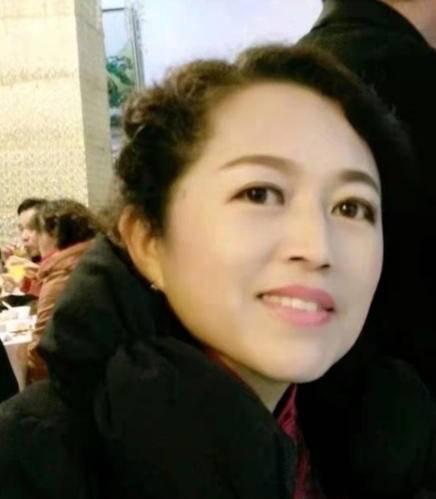Text | Yang Aiwu
When my father was alive, it was my parents' business to go back to my hometown to go to the grave. In 1998, my father died, and going to the grave became the best way for me to mourn my father. Whenever my father's day of worship, Qingming, July 15 and other days when I needed to go to the grave, as long as I could find time, I would rush back to my hometown in a hurry. Kneeling in front of my father's grave, all the worldly joys and sorrows were all forgotten by me, and at that moment, my heart was only between heaven and earth and my father under the nine springs.
For this, I am grateful to my mother. According to the rules of our hometown, daughters are not allowed to go to the grave, especially those who have sons in the family, and it is a big taboo for the daughter to go to the grave. After my father's death, I offered to go to my father's grave, and my mother hesitated, but she quickly agreed.
Because my father is in his hometown, we have more opportunities to go home and feel the atmosphere of our hometown several times a year. When I rushed back to my hometown to go to the grave again and again, immersed in the excitement of returning home, I realized how wise my mother's decision was: after my father died, we wanted to bury him in the cemetery, and it was my mother who advocated sending my father back to my hometown, and my mother said that the roots were there.
At that time, our grandparents were still alive. When we went home to visit our father's grave, we would stop by to visit our grandmother and grandfather, two old men who were over eighty years old, counting the days we would return home, and looking forward to our return. My grandmother, who had basically lost her ability to take care of herself, was taken care of by several of my aunts in turn, and every time we went back, the aunts prepared delicious meals for us, and the three generations of grandchildren ate together, which was also a kind of natural pleasure.
After my grandmother and grandfather died one after another, my aunt became the person who received us. Every time we came home, my aunt called in advance and asked how many of us would go back? She prepared meals for each of us according to the number of people we went back to, according to the tastes of each of us, and the enthusiasm of my aunt touched my mother several times.
A few years ago, my aunt died of illness, my uncle went to the city with my cousin, and my grandmother's house and uncle's house became empty houses. From then on, when we returned to our hometown, we went straight to my father's cemetery, completed a ritual process and hurried back. We come or not, and no one cares anymore. My hometown has become a fading landscape in my life, it really exists in my life, but I have nothing to rely on.

About the author: Yang Aiwu, pen name Ami. He is a member of the Peasants' and Workers' Democratic Party, a member of the Chinese Essay Literature Society, a member of the Provincial Youth Writers Association, an executive vice chairman of the Municipal Youth Writers Association, and a columnist of Zibo Evening News. The articles have been scattered in "Zibo Financial and Economics New Daily", "Ten Years of Literary Scene", "Zibo Sound screen newspaper", "Qingdao Morning Post", "Beijing Youth Daily", "China Discipline Inspection and Supervision Daily", "Shandong Pictorial", "Rural Public" and other newspapers and periodicals inside and outside the province, and have won awards at all levels of essays for many times, and the essay collection "Pomegranate Blossom" has been published. Over the years, I like to wander in famous works, record my life in words, and continue to practice in writing, hoping to gradually perfect myself.
One point no. Shandong financial literature